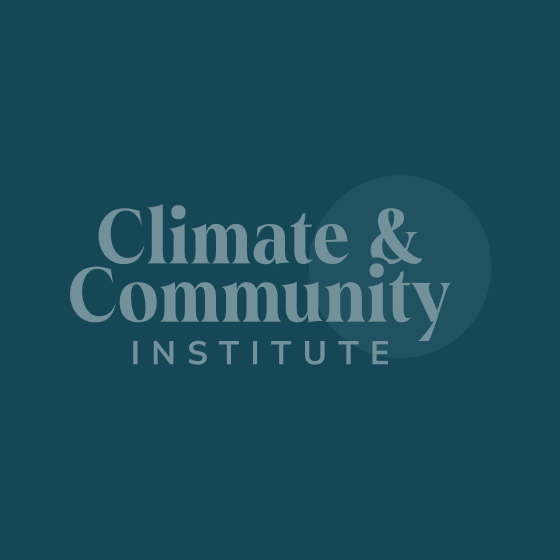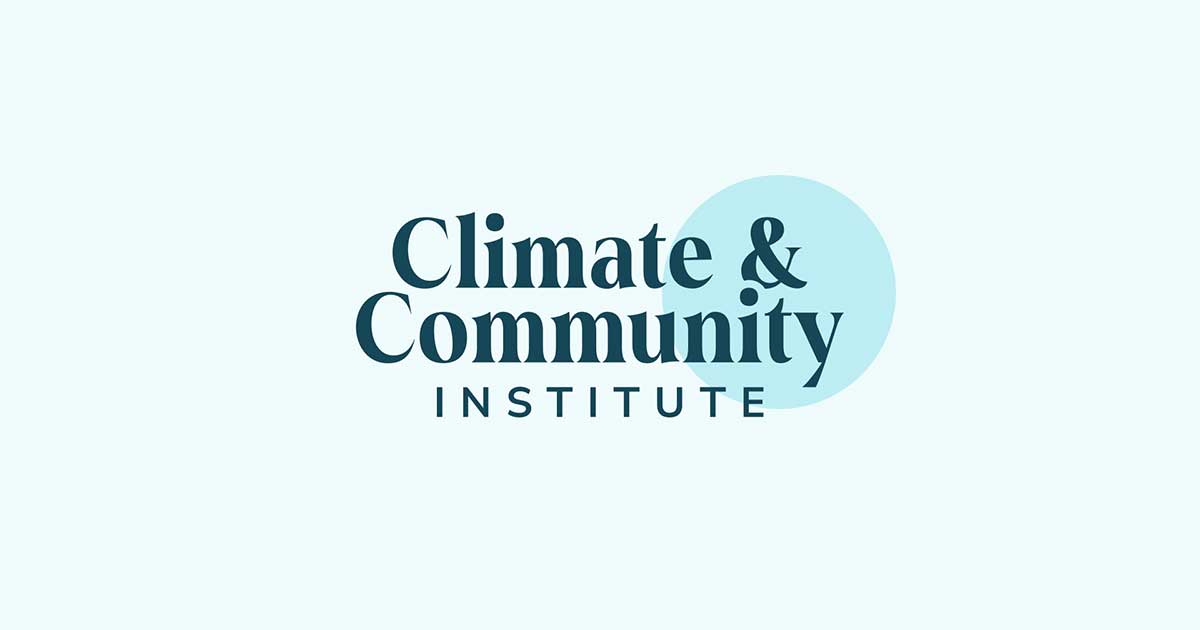Debt Justice for Climate Reparations
The world faces twin debt crises. On the one hand, a well-publicized financial debt crisis looms for countries across the Global South, limiting governments’ ability to take public health action, alleviate poverty, adapt to a warming world, or pursue ambitious low-carbon development. Policy makers in the rich world seldom discuss the other debt crisis: the ecological and economic debts the Global North owes for historical and ongoing plunder, extraction, and climate pollution threatening lives and livelihoods in the Global South—all of which are key components driving the financial debt crisis. These intertwined crises require urgent action beyond the paltry steps taken since the start of the pandemic.
Action is imperative. Many of the poorest countries on Earth are also the most vulnerable to climate change, but climate-vulnerable countries already incur higher borrowing costs because of the risks of natural disasters and other social disruptions brought on by climate change. This relationship is creating a doom loop that will drag poor countries further into debt while environmental and social conditions continue to deteriorate, limiting opportunities for green, inclusive development and driving the need for further borrowing.
To break this cycle and achieve climate justice, the United States and other Global North countries should take the first steps toward a larger climate reparations program through wholesale debt restructuring and cancellation on the path toward debt justice. Critically, climate reparations should not be thought of simply as compensation for past environmental, economic, and social damages, but as world making—that is, debt justice and enhanced climate finance should help build a platform for countries in the Global South to achieve low-carbon development and robust, resilient infrastructure.
The need has never been more urgent, particularly since the pandemic added several degrees of difficulty for the Global South to pay for green development and climate adaptation. Costs mount as the Global North repeatedly misses modest domestic mitigation and international climate finance targets, global warming impacts become more severe, and improved standards of living remain elusive in many places. Achieving debt justice entails prioritizing the needs of the public and nature in front of creditors’ balance sheets. It is progress toward climate justice, where the countries responsible for the vast majority of carbon emissions pay their fair share for decarbonization and adaptation, while the people least responsible for climate breakdown are not burdened with the most dire impacts—as is the case now.
Building on dialogues with climate and debt justice movement partners including Third World Network and 350Africa.org, scholarly research, and the overarching aims of the Green New Deal, this report outlines key economic and environmental issues and offers US-targeted policy recommendations. Reparations campaigns including the Caribbean Reparations Commission and the Latin American Pacto Ecosocial del Sur have explicitly called for debt cancellation as an aspect of reparation; this report amplifies those voices and foregrounds debt as a climate issue for movements and policy makers in the US.
Our findings and recommendations fall into five categories:
- Immediately cancel publicly held debt and implement public sector actions like enhanced debt restructuring mechanisms to manage privately held debt. Previous debt cancellation and restructuring programs like the Heavily Indebted Poor Countries Initiative demonstrated that reductions in debt payments can significantly boost spending on social priorities in poor countries—exactly what is needed to contend with the impacts of climate change. This report finds that the debts of 19 of the 20 most climate-vulnerable countries are held mostly, or entirely, by “official” public creditors, making debt relief for the most vulnerable imminently feasible, but steps must be taken to cancel and restructure both publicly and privately held debt.
- Meet existing climate finance commitments and significantly scale up future commitments. The rich world has never met their stated (yet still insufficient) goal of disbursing $100 billion per year in climate finance—and given the way that rich governments have counted private investment and further debt-creating loans as part of their contributions, in reality they have never come close. The countries that bear the vast majority of the responsibility for climate change should bear the cost for climate action in the countries that are most vulnerable—and all of this new funding must be additional to what has already been promised, including funding for loss and damage.
- Progressively redistribute IMF Special Drawing Rights. While there were encouraging signs that Special Drawing Rights (an IMF instrument that allows countries to access foreign currency at moments of crisis) were to be overhauled in light of the pandemic, those hopes are beginning to fade as the United States and other major economies stick with business as usual. A program similar to the IMF’s proposed Resilience and Sustainability Trust must be implemented, but it also must not become a new vehicle for conditionality, austerity, and debt dependency that re-creates Structural Adjustment (or “fiscal consolidation”) in the name of climate action.
- Use major economy financial regulators to contend with Global South debt. One key problem in earlier debt restructuring programs was their inability to convince nonofficial creditors to take part; this was true in both the late 1990s and in pandemic-era debt suspension programs. Central Banks and Treasuries should develop regulations that limit private creditors’ ability to pursue debts to the detriment of debtor countries’ ability to invest in climate action, for example by imposing higher reserve requirements on distressed debt holdings.
- Direct civil and criminal penalties against fossil fuel companies to climate action in the Global South. Courts around the world have been increasingly sympathetic to legal arguments that fossil fuel companies should be held liable for climate damages. Where courts rule against fossil fuel companies, some of those damages should be routed (as grants) to climate finance mechanisms that benefit vulnerable countries, as a way of privately compensating for loss and damage.
The recommendations should form the backbone of an ambitious policy initiative that represents a down payment on climate reparations for the North’s ever-accruing ecological debt, to begin reckoning with incalculable harms visited on the South through historical and ongoing economic, social, and ecological violence. Ultimately, the Global South must have financial self-determination to identify and undertake locally appropriate responses to climate change and poverty—not have their priorities set by Global North governments, the IMF, or private investors.



